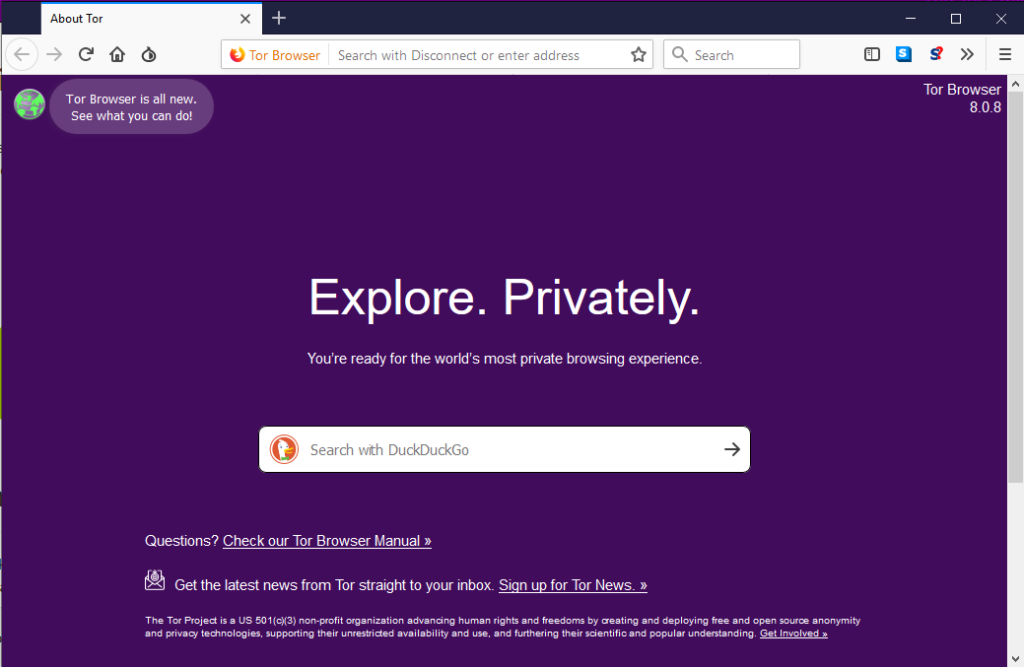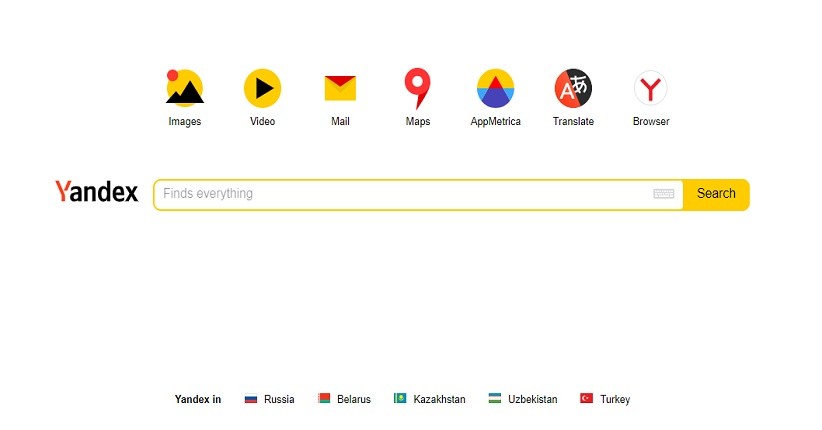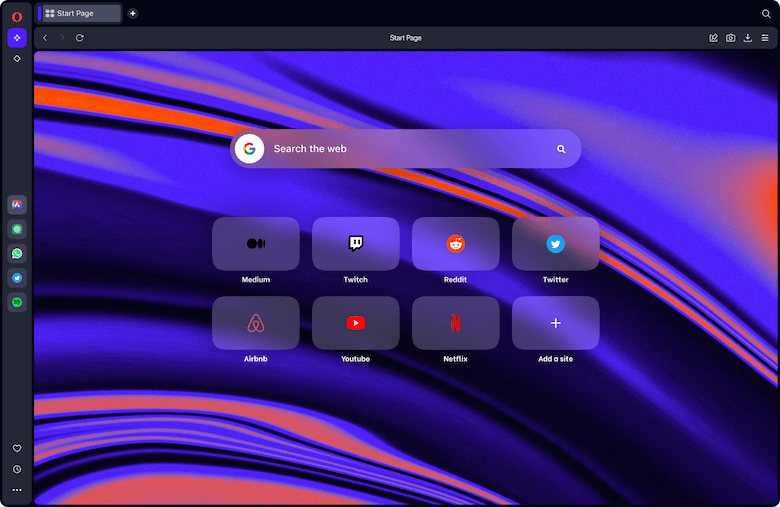Ever since Google Chrome staked its claim as the go-to web browser, it has proven challenging for others to topple its dominance. Though it experienced a minor dip between 2019 and 2020, Chrome’s global reach across all gadgets stands at an impressive 63.5%. As a close contender, especially for Mac enthusiasts, Apple’s Safari secures a 19.37% slice of the browser pie.
What’s the secret behind Chrome’s allure? Being a brainchild of Google, it benefits from the dedicated expertise of countless engineers. This browser heralded the age where each tab operated as an independent entity, a revolutionary step that allowed users to simply close a malfunctioning tab. Plus, its former reputation as a swift and streamlined platform kept it abreast with cutting-edge web norms.
However, Chrome is not devoid of flaws. Growing concerns over privacy coupled with claims that it’s now more resource-intensive have paved the way for other browsers to come into the spotlight.
Unsatisfied with Chrome, Safari, or any other mainstream browser? Fear not. There’s an array of alternate web browsers ripe for exploration, including some tailored for Chromebook users.
Rethinking Google Chrome’s Reign
“Alternative web browsers” generally refer to those beyond the ‘big five’ dominion, which includes Google Chrome, Apple Safari, Mozilla Firefox, Microsoft Edge, and Opera.
Although many of these fringe browsers are modified versions of their more popular counterparts, they often originate from open-source initiatives or fervent tech enthusiasts. Admittedly, some may lag behind in updates, but they have unique advantages. A handful prioritize user privacy, while others zoom in on optimized performance and innovative features.
Eager to explore? Here’s a curated compilation of some top-notch alternatives to Google Chrome:
1. Avast Secure Browser:

Recognized for cybersecurity prowess, Avast now flaunts the Avast Secure Browser. Tailored for various platforms, it’s hard to rival its security features. In an era where privacy is becoming elusive, this browser aims to offer a safe haven from intrusive ads and potential cyber threats.
2. Brave:

Pitching itself as a swifter alternative to Chrome, Brave touts enhanced privacy measures and energy efficiency. With robust ad-blocking and per-site shield configurations, it mirrors Chrome’s incognito mode but has faced scrutiny over past privacy concerns.
3. Tor:

A stalwart since 2002, Tor (The Onion Router) offers a veil of anonymity for users. Ideal for those prioritizing privacy, it facilitates encrypted, anonymous browsing, even granting access to the elusive dark web.
4. Comodo Ice Dragon:

A derivative of Mozilla Firefox, this browser offers an intuitive experience coupled with malware protection. But, it’s exclusive to Windows users.
5. Epic Privacy Browser:

Epic emphasizes user privacy, boasting robust tracking prevention mechanisms. With a built-in VPN and rigorous data protection, it stands out in the browser arena.
6. Yandex Browser:

Russia’s answer to Google, Yandex offers a unique interface and strong security features. Yet, its data collection practices might raise eyebrows.
The Underrated Heavyweights
While these browsers might not have the largest user base, their offerings are noteworthy:
1. Mozilla Firefox:

A veteran in the browser realm, Firefox has been enhancing user privacy with features like third-party cookie blocking and fingerprinter prevention.
2. Firefox Focus:

A mobile-centric solution, it accentuates privacy and efficient data use. One tap erases your digital footprints, from browsing history to passwords.
3. Opera:

An old guard in the browser space, Opera has evolved with innovative features like in-built messengers, ensuring seamless communication without tab-switching.
Frequently Asked Queries About Google Chrome’s Contenders
– Which browser trumps Google Chrome?
Depending on user preferences, some might lean towards security-heavy browsers like Avast, while others might prioritize speed, as in Brave.
– What deters people from using Google Chrome?
The primary concerns revolve around potential security lapses and resource consumption.
– Which browser guarantees maximum safety?
Tor offers unparalleled anonymity, while Avast excels in malware protection.
– Which popular browsers aren’t Google’s property?
Browsers independent of Google include the likes of Firefox, Opera, and Safari.

Final Thoughts
Should you yearn for a change from Google Chrome, the digital world is brimming with viable alternatives. Each browser comes with its unique flair, catering to varying user needs. The best approach? Sample a few and choose the one that resonates with your online habits. After all, variety is the spice of life!